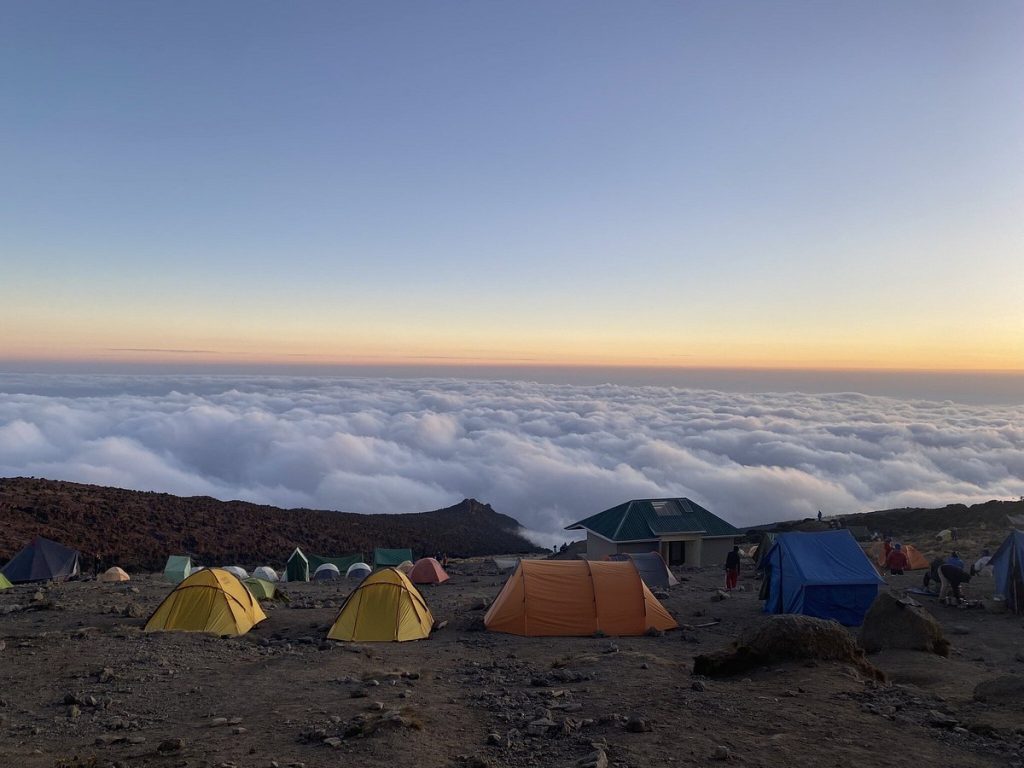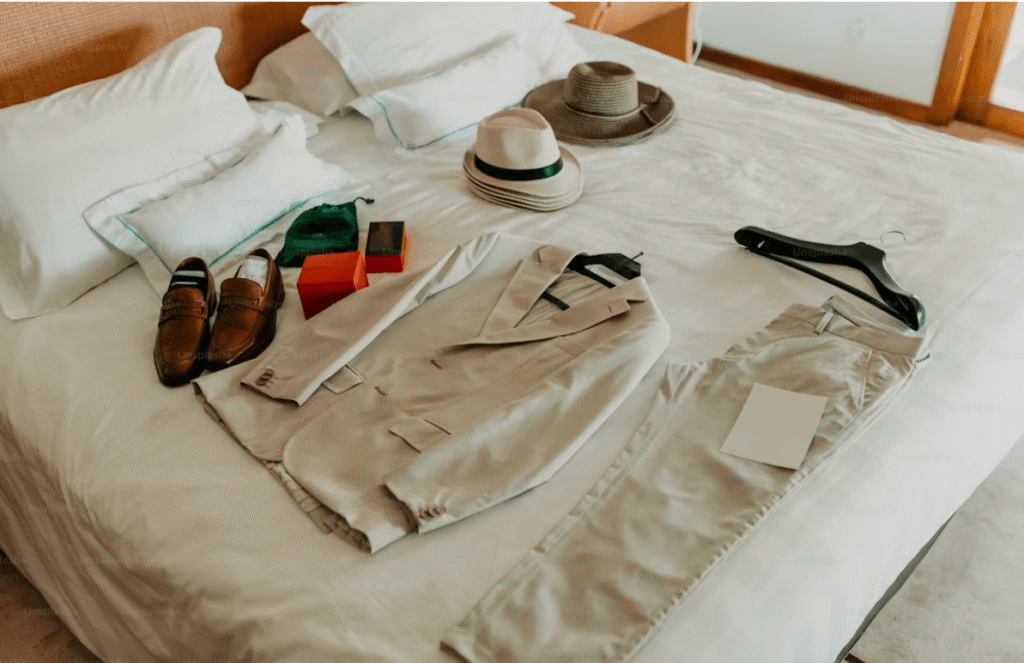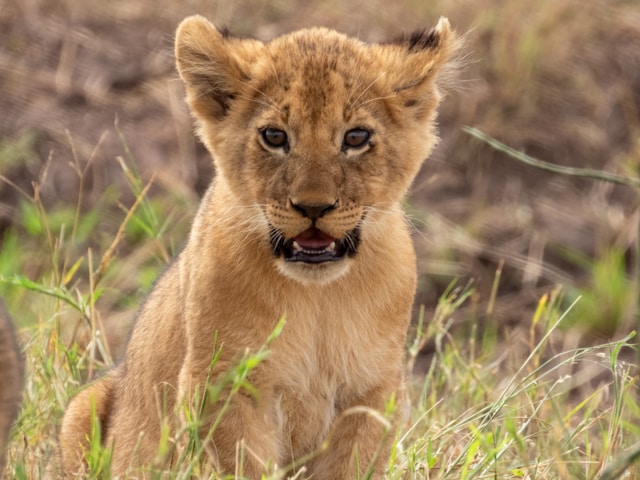Tanzania offers a variety of lodging options, from inexpensive guesthouses to opulent Zanzibar resorts and safari lodges. Regardless of the price range, single travelers typically spend more than 80% of the cost of a double room since less expensive lodgings tend to charge per room, while upscale establishments, which prefer to list their rates per person, tack on significant “single extras.” Take note that “self-contained” is another term for en-suite rooms. Camping is generally the cheapest and most charming option to stay overnight, especially in national parks and nature reserves, but only on the mainland because, for some reason, it is prohibited in Zanzibar.
If staying at upscale hotels, especially during high season, making reservations in advance is imperative (generally July-Sept, and from mid-Dec to Feb). You should anticipate perfection as bookings often cost a 50% down payment and need full payment ten to twelve weeks before arrival. Read some recent customer reviews online before booking a reservation or having a tour operator organize everything for you because, regrettably, pricing isn’t always a good indicator.
Reservations are not typically necessary at less expensive hotels and guesthouses, but there’s no harm in trying if the location appeals to you. Although a deposit is seldom required, there are no assurances that your reservation will be honored; you might find it helpful to carry printouts of any email conversations.
Tourist seasons significantly affect costs at premium hotels. The low season is limited to April and May and maybe a month on either side, which coincides with the prolonged rainy season. The high season can last virtually the whole year. The high season, according to more sensible hotels, is in August and from mid-December through January or February. Christmas, New Year’s, and Easter all have peak season surcharges.
Safety for Your Valuables during the Safari
Don’t take safety for granted, especially in urban areas where housing is inexpensive. Although all hotels disclaim liability for theft, it’s generally safe to keep valuables in your room. However, don’t leave anything attractive laying around, and if you get a bad feeling, try to take the key with you when you leave. If you do leave assets in your room, tuck them deep within your suitcase and secure them with a padlock or other means to ward off temptation. You may also think about concealing anything between the mattress and the bed frame, which is often safe enough based on the quantity of dirt that has gathered there.
Take precaution and make sure you have a detailed receipt with identification numbers for notes (signed by the manager or owner, not the receptionist), if you opt to leave goods with the administration.
Guesthouses while on a Tanzania Safari
An almost major town in Tanzania has at least some guesthouse, which is typically a two- or three-story structure and occasionally includes a bar and restaurant. Although guesthouses are often pretty peaceful, adjacent mosques, clubs, discos, or bus stops may have loud noises that keep you up or cause you to get up sooner than you would want.
Hostels in Tanzania during your safari
In Tanzania, churches run hostels are comparable to guesthouses in terms of standards, although often have a stuffy atmosphere and frequently have extremely nice staff. Night bars should go elsewhere because there are no qualifications for membership or religious belief in them. Tanzania has a few youth hostels that are internally related and one good example of it is YMCA Hostel. The usual cost of a double room with a bathroom at a respectable guesthouse, where you should be able to find running water, toilet seats, and undamaged nets, is $30 to $60 per night. You can reach us for more detailed information.
Wildlife Lodges during your Safari in Tanzania
The lodges and opulent tented camps mostly around Tanzania’s national parks and game reserves are at the high end of the scale and may charge whatever they want since demand greatly outstrips supply; in fact, even when making reservations six months in advance, you must be somewhat flexible with dates.
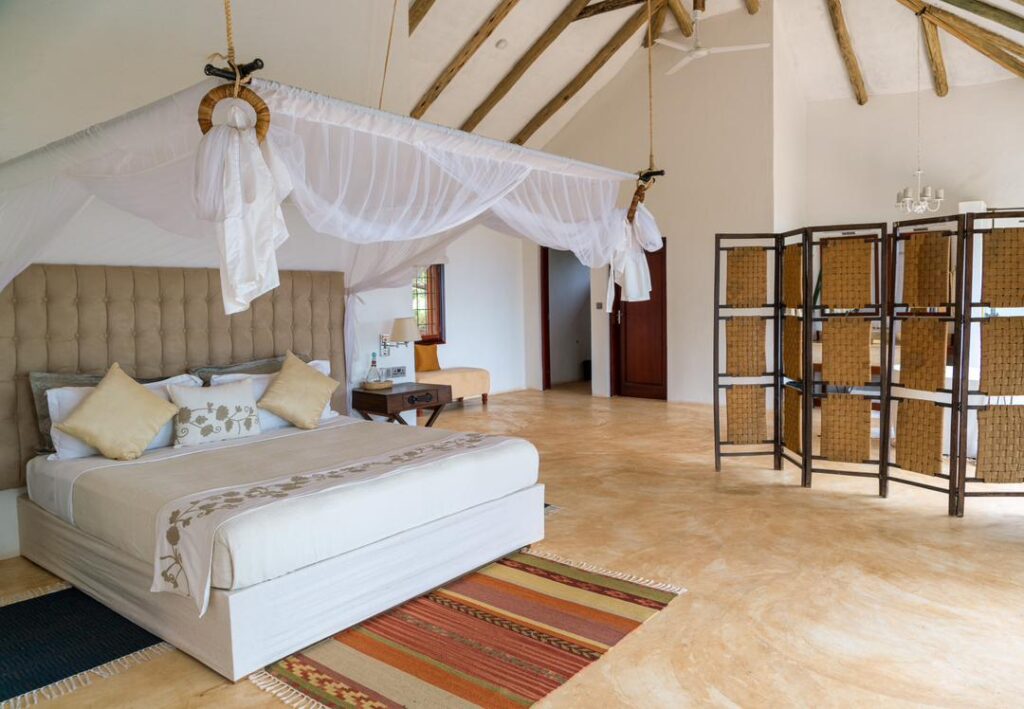
During the prolonged rains in April and May, the more isolated these locations frequently remain closed. The lodges, which are effectively enormous 4 and 5 stars hotels moved into the bush, are the backbone of mid-range and cheaper upscale safaris. The nicer ones may be pretty intimate, but for the most part, this is a safari destination country and they must have the sense of the wild that you might be yearning for.
Luxury Tented Camps
For that, you may either camp (if you’re on a budget) or stay at one of the many luxury tented camps that are available (or “tented lodges”). In these, lodging is often provided in huge walk-in tents that are placed on elevated wooden platforms and have a bathroom piped in at the rear, so it’s not exactly camping on the ground or a public campsite.
There is almost always a thatched restaurant, bar, and lounge area as well. The atmosphere is typically very modern and is characterized by wildlife guides telling stories around the camping fires in the evenings, and little to no local participation other than the hiring of menial staff and perhaps one or two Maasai warriors to add some tribal flair. Bush walks are frequently feasible, and if possible, “all-inclusive” rates should include both game drives and bush hikes.
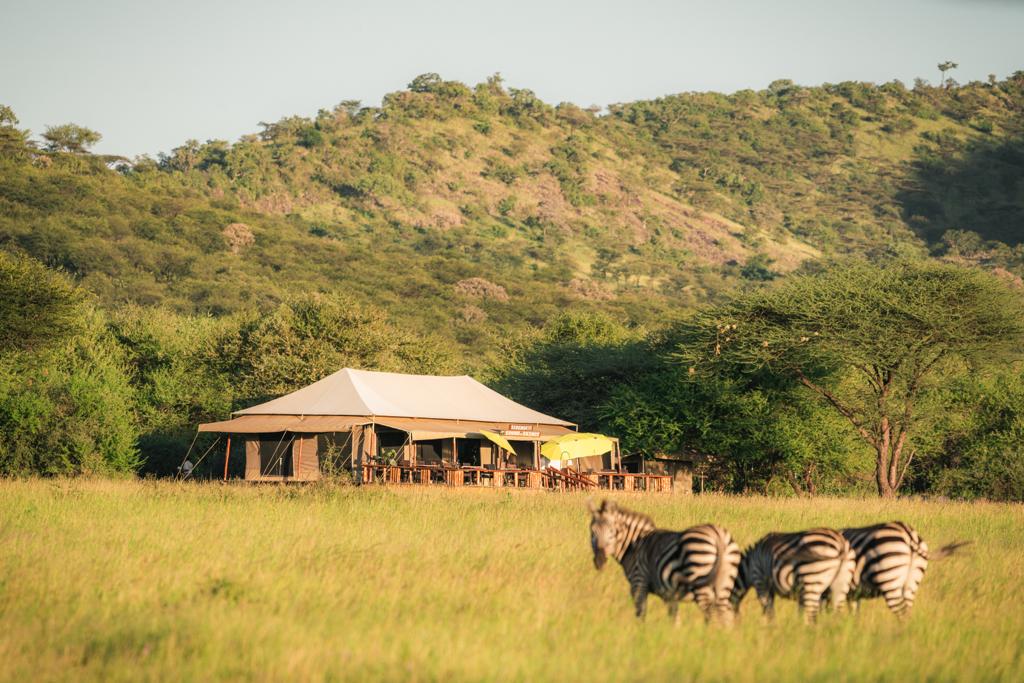
Tanzania Camping Safari
Zanzibar does not allow camping, however, there are enough campgrounds on Tanzania’s mainland that it is advisable to bring a tent. The benefits include the inexpensive price and frequently stunning locales. Hotels in remote locations could also permit camping on their property. A stove is not necessary since you won’t have any problem getting a chef during your safari. Additionally helpful is a flashlight and foam sleeping bag.
The least expensive option for lodging is at one of Tanzania’s public campgrounds, which accept walk-ins. Most, but not all, have bathrooms and showers. Reservations are required for the parks’ exclusive campsites, and it’s best to make them way in advance because upscale camping excursions frequently reserve them. Although they often lack any amenities and are far from the people, you may book one for your own usage by getting in touch with us for more information. It is not permissible to gather firewood in the parks.
Camping in the open is not advised unless you are with a Jolita Safari guide who is familiar with the area. Naturally, avoid pitching close to animal tracks, dry riverbeds, or roadways. There are several places to set up camp, including Tarangire Public Campsite, Nyani and Tumbili Campsite in the center of the Serengeti, Simba Campsite near Ngorongoro, and Lobo Public Campsite to the north of the Serengeti. Additionally, camping anywhere other than the most empty Zanzibares may serve as an invitation to thieves.
Bugs and Mosquitos
In much of Tanzania, there are indeed a plenty of mosquitoes, which leads to a lot of malaria. You don’t need to carry your own mosquito net because almost every guesthouse and hotel room is equipped with it. Additionally, some rooms have wire-mesh window coverings, although they don’t provide complete protection on their own. Always inspect the size and presence of holes in nets and screens before checking into a hotel.
In hotel ratings, we distinguish between box nets, which are suspended from a wooden frame or four points, and circular nets, which are strung from a single point. The first is much better since they provide you with more space at night to roam around without hitting the net.
Large “walk-in” nets, which are preferred by many upscale facilities, and box nets with “entrance flaps,” which are popular in Zanzibar, are less than ideal. For these, you’ll need to see if you can tuck them under the mattress or make sure that nets that reach the floor actually reach the floor all the way about.
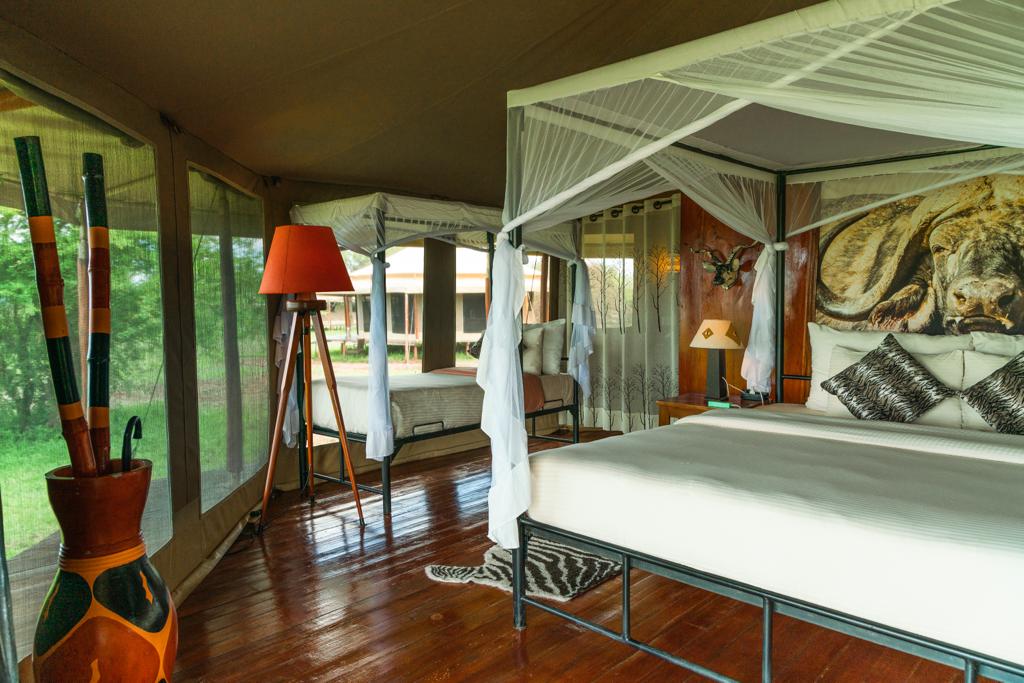
Some mid-range and upscale hotels prefer the use of insect spray, which is not ideal given that the effect only lasts for a short period of time and that the scent might eventually become sour in humid environments.
Every Hotel option on this website has been rated based on reviews and the price of a typical double or twin room. The following acronyms are used: BB (bed and breakfast), HB (half board), and FB (full board). The hotel charges a bed-only fee when none is specified. Wherever feasible, specific pricing for tented lodges and campsites—which charge per person has been provided.

